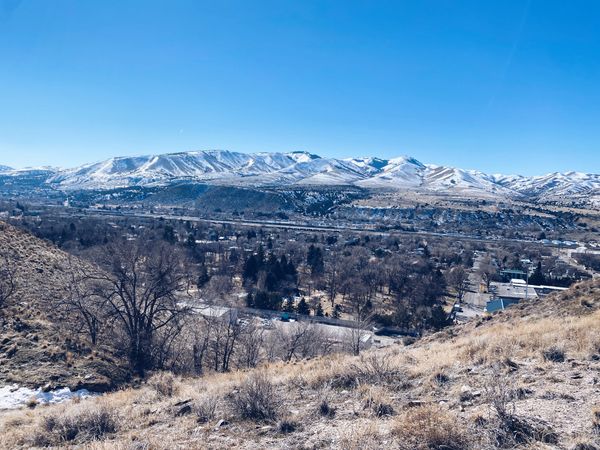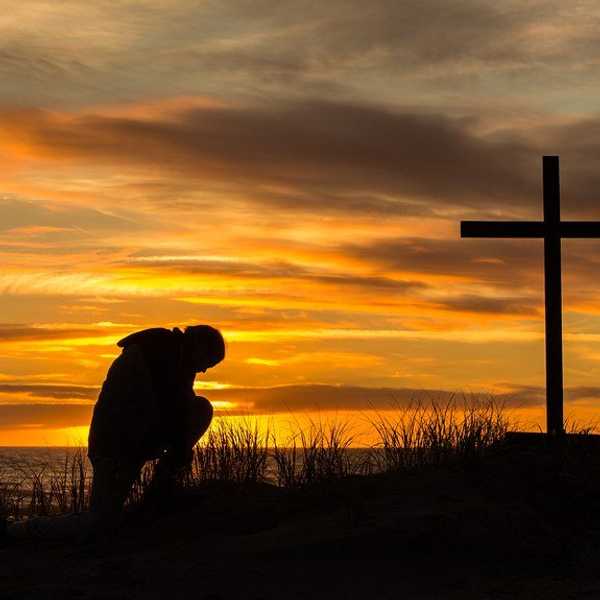It was the summer of 2009. I was 13 years old. Soon after dinner one evening, I sat in the back of my parents' sedan as my parents drove me to the emergency room. I wasn't in any unusual pain, so getting stuck three different times with IV's and peeing in cups and seeing doctors and nurses in and out was more curiously fascinating than anything else.
"I trust you, Lord."
The doctor told us that my urine sample contained alarming amounts of blood and protein and the blood tests confirmed that my kidneys and liver were functioning abnormally. My hemoglobin count also came back extremely low. After a biopsy later that summer, they officially diagnosed me with an uncommon chronic kidney disease that has few known treatments.
"I said I trust you, Lord."
In my case, the nephrologist recommended a certain steroid as my best treatment. It is powerful and can cause severe adverse effects if taken long-term. The adverse effects would require counteracting medications, which would in turn probably have other, albeit more minor, adverse effects of their own. And then there's the addiction.
"Lord, what are you doing?"
I didn't want to be on strong medication for the rest of my life, and neither did my parents, but to go untreated is highly risky. There's not much known about my particular disease. At worst I could progress into renal failure. At best, after years of medication, it would go under remission and I would slowly wean off the drugs, unless the disease flared up again.
"What will I do?"
Under close watch by my nephrologist, my parents and I pursued an alternative method of treatment: I went on a severe diet to help my kidneys out. It seemed to work, slowly but surely, but I would still have to live with this intensive, hands-on treatment the rest of my life. It got harder to sustain each year. What if I cracked and stopped taking care of my body the way I needed to? What if I didn't have the mental perseverance after moving away from home? What if I relapsed? What if I gave in to my building and deepening depression?
Beloved, do you trust me to take care of you?
Did I believe all those things I said I believed? God is in control, Christians should count it all joy, God loves me and takes care of me: they are the Christian mantras I've claimed dozens of times. Did I actually and wholeheartedly believe them the way I knew I ought? What if I couldn't answer?
Beloved, I love you.
"But, Lord, how can I know that? How can I give you my depression when I'm barely holding on to each day?"
Peace I leave with you; my peace I give to you. Not as the world gives do I give to you. Let not your hearts be troubled, neither let them be afraid (John 14:27). For to set the mind on the flesh is death, but to set the mind on the Spirit is life and peace (Romans 8:6). I have said these things to you, that in me you may have peace. In the world you will have tribulation. But take heart; I have overcome the world (John 16:33).
I knew I had gripped my disease and my depression in my fist, wrapped myself in them like a security blanket. I was too scared to let God take them away. I needed to re-find my identity. I needed to reclaim the reason for my joy.
...yet I will rejoice in the Lord; I will take joy in the God of my salvation. God, the Lord, is my strength; he makes my feet like the deer's; he makes me tread on my high places (Habakkuk 3:18-19).
I had to let go of my earthly identity. To re-find Christ in my life, all hope in other things must be done away with. I made myself vulnerable to an all-powerful God, and asked Him to heal my spirit. He decided to bless me twice. It took years, but He fulfilled His promise.
Seven years after that first hospital visit, I walked into my nephrologist's office for the last time. I will not see him anymore. I am "cured" of an incurable chronic disease without taking a drop of steroid medication. I have also not experienced serious depression for several months.
My life is hidden with Christ in God (Colossians 3:3).





















